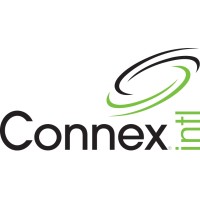| Product | |||
|---|---|---|---|
| Review & Ratings |
No reviews available |
No reviews available |
|
| Description |
Synder is a financial software designed to simplify and automate bookkeeping tasks. Tailored for e-commerce businesses, Synder seamlessly integrates with platforms like Shopify and Stripe. It efficiently records sales, expenses, and fees. The software categorizes transactions automatically, reducing manual data entry. Synder reconciles bank accounts, ensuring accuracy in financial records. It supp... Read more about Synder |
Connex is a robust web conferencing software designed to facilitate seamless online communication and collaboration for teams and businesses. Whether for virtual meetings, webinars, or remote presentations, Connex offers a range of features to enhance online interactions. The platform supports HD video and audio conferencing, screen sharing, real-time messaging, and file sharing, ensuring smooth c... Read more about Connex |
|
| Free Trial |
15 Days
|
NA |
|
| Starting Price |
$52 Per Month |
||
| Category Features | |||
| Other Information | |||
| Deployment | Cloud Hosted | Cloud Hosted | |
| Devices Supported | Web-Based, Windows, | Web-Based, | |
| Pricing Model | Flat Rate | Contact Vendor | |
| Support | 24x7 Support, Phone, Chat | NA | |
| Target Company Size |
Self-Employed,
Small-Business,
Midsize-Business,
|
Self-Employed,
Small-Business,
Midsize-Business,
|
|

